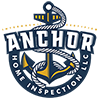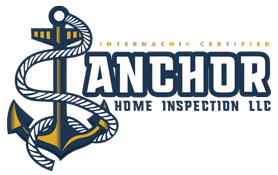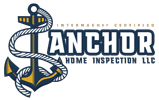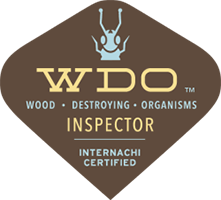Water Testing Services in CT
Anchor Home Inspection, LLC offers Water Testing in CT. Drinking water may contain several contaminants, some of which are hazardous, and some are not. Public water supplies are tested by the utility, and must meet stringent EPA standards. Nevertheless, even when the public water supply is safe, problems can originate in the distribution system. For more detailed information, please be sure to visit the United States Environmental Protection Agency website: https://water.epa.gov
Water Testing
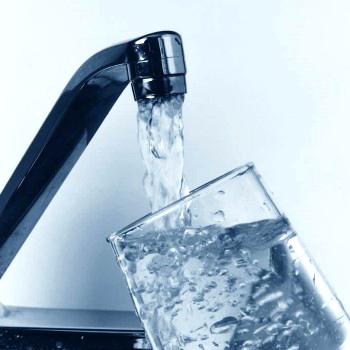
Water quality is a topic that raises perplexity and varied thoughts among people. Many believe that water from municipal tanks is contaminated and unsafe for consumption. However, it may surprise them to learn that most of us actually receive safe drinking water from the municipal system. Nevertheless, depending on the water body’s location, periodic water testing is recommended.
For example, well water should undergo occasional testing for coliform bacteria, while water in agricultural areas requires intermittent testing for nitrate compounds. Properties older than 30 years should also have their water quality tested. The presence of lead solder in plumbing pipes may contribute to increased lead levels in the water. Ensuring water quality is essential for our well-being.
To meet the Federal Housing Administration’s (FHA) requirements, water tests for bacteria, nitrates, nitrites, and lead are necessary. Regular water quality testing guarantees the safety of our water supply and protects our health.
Other reasons a water test may be warranted:
- The lender may request a water test as part of the loan approval process.
- If your well is located downstream from a septic system, a water test becomes necessary.
- Usage of lawn fertilizers, salt, or de-icers near the well could warrant a water test.
Yearly testing may be advisable in certain situations:
- If there are pregnant or nursing household members.
- In case of unexplained illnesses within the family.
- Whenever there is any change in taste, odor, color, or clarity of the water.
- If a neighbor tests positive for contaminants in their water.
- When chemicals, pesticides, or fuels are dumped into or near the well.
- After any part of the plumbing system has been replaced or repaired.

What do we do for our clients?
At Anchor Home Inspection, we provide water testing services to assess the presence of coliform bacteria and the levels of lead, nitrites, and nitrates in your consumable water. To collect water samples, we use uniquely designed containers, gathering them from the nearest entry points like the bathroom tap or kitchen sink. Each water test requires a specific sampling method, and our experts meticulously follow the guidelines to ensure accurate test results are obtained. With our comprehensive water testing services, you can rest assured knowing that the quality of your water is thoroughly examined and safeguarded.
What do we do for our clients?

Anchor Home Inspection offers water testing services to check the presence of coliform bacteria in the consumable water, and extended levels of lead, nitrites, and nitrates. Uniquely designed containers are used to collect water samples from the nearest entry point such as the bathroom tap or the kitchen sink. Different water tests require different sampling methods and specific guidelines need to be followed based on which the test results are prepared.
What Tests Should I Have Done?
Water, a vital life-saving resource, can also become a potential threat if contaminated with elements that lead to various diseases and health issues. To ensure water safety, water testing is a complex process best handled by experts to obtain reliable results. It is highly recommended to involve professionals rather than attempting it yourself for utmost accuracy. However, there are certain tests that can be performed using water testing kits available in the market if desired.
During water testing, common elements to check for include the presence of contaminants like microbes and the pH level to determine water nature. Additional factors such as oxygen levels, nitric compounds, salts, and more can also be assessed through water testing.
Some of the elements commonly tested are:
- Temperature Testing
- pH Testing
- Chloride Testing
- Salinity Testing
- Dissolved Oxygen Testing
- Nitrate and Phosphates
- Pesticides
- Redox
- Electrical Conductivity
FAQ 7
